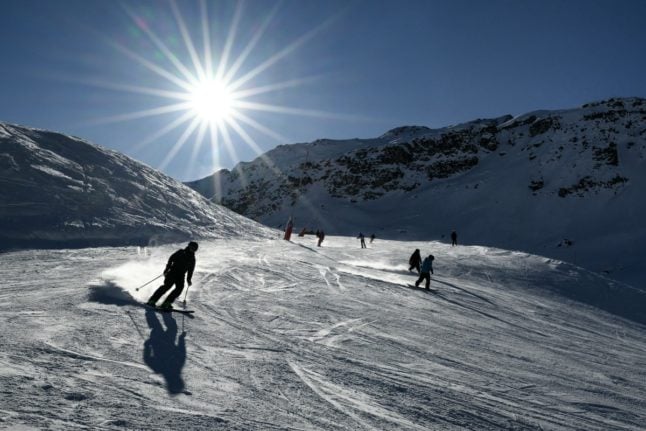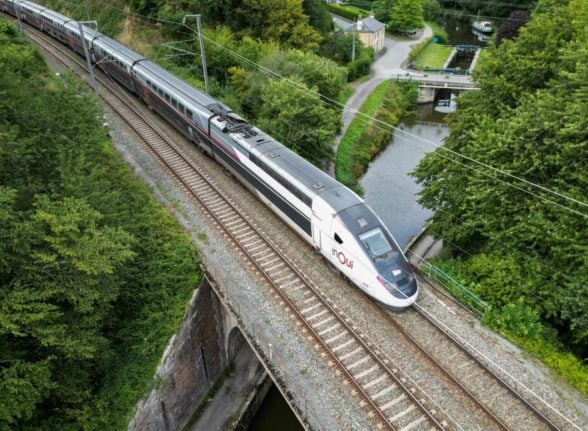The February holidays are high season for French ski resorts, but a mild winter has prompted fears there may not be enough snow this year. What are the prospects for snow in the mountains of France?
Will there be snow at French ski resorts for the February holidays?
France’s new rules on language tests for foreigners who move here caused some confusion, and no little resentment from readers. This being France, however, as every student of the language knows, there’s an exception to every rule. So, here, we explain those exceptions.
Who is exempt from France’s new language test rules?
In a medical emergency, the expense of calling an ambulance to transport you or a loved one to hospital should be the least of your concerns. Here’s what you need to know about the financials of falling ill in France.
Reader question: Do you have to pay if you call an ambulance in France?
More health news… France runs an extensive cancer screening programme, with free screenings for those in at-risk age categories available for some of the most common cancers.
Who can benefit from free cancer screening in France?
France is, at just about any time of year, a hiker’s dream with more than 70,000 kilometres of footpaths making up the Grande Randonnée (GR) network. Here’s how to find a trail that suits you and plan your trip.
Hiking in France: The GR footpaths explained
We’ll end with the answer to a question that has featured on sites across The Local group… Of all road users in France, pedestrians do have the greatest legal protections – but they are also expected to obey road safety rules.



 Please whitelist us to continue reading.
Please whitelist us to continue reading.
Member comments